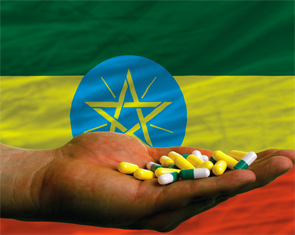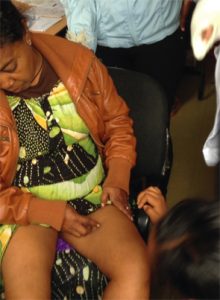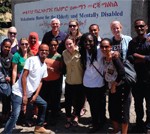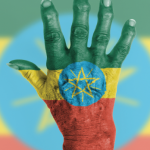
vepar5/shutterstock.com
The first month of my last year of rheumatology fellowship began in Addis Ababa, Ethiopia, at Black Lion Hospital, a tertiary university medical center, where I [Dr. Mary Abraham] started an Emory-sponsored global health rotation. Although a very different beginning to my fellowship year, my experiences at Black Lion reminded me of my passion to help people and to solve complex multisystem problems.
My rheumatology attending [Dr. Frehyiwot Ayele] and I embarked on the journey to Ethiopia together to learn management of rheumatology patients in a low-resource setting and to be exposed to pathology often not seen in the U.S.
Black Lion did not have trained rheumatologists, and although there was a rheumatology clinic, it was resident run and occurred once a week. These facts certainly posed their own challenges. Identifying rheumatology needs in Ethiopia and designing a curriculum that would inculcate residents and medical students in management of rheumatic diseases and at the same time inspire them to become rheumatologists were no small goals.

A patient presents with lupus-related purpura during the nephrology clinic at Black Lion.
My attending was Ethiopian herself, and Black Lion Hospital is where she did her internal medicine residency training before coming to the U.S., which made it easier for us to navigate the Ethiopian health system. We began our work with a sense of confidence in the changes we could make.
In the Clinic
We began our first day by making our way to the internal medicine office, where the program director warmly welcomed us. Together we identified my goals and educational needs and created a curriculum to increase awareness, as well as knowledge of, rheumatologic conditions and their management among residents and medical students.
I came to understand the importance of coffee in Ethiopian culture and its central role in building trust and friendship; it is said that coffee was discovered in Ethiopia. While drinking coffee with internal medicine and subspecialty faculty on that first day, we received sound advice and insight into the medical training process at Black Lion. For my attending, it was a time to reconnect with old friends and colleagues with whom she had trained and thereby understand the best approach to creating more exposure to rheumatology.
Opportunely, my arrival in Black Lion Hospital coincided with the start of a two-week rheumatology module for the internal medicine residents. My attending and I had the opportunity to deliver lectures on rheumatoid arthritis (RA), gout and systemic lupus erythematosus (SLE) in a small-group setting, which enabled us to assess resident knowledge, as well as gaps. During this time, internal medicine residents gave lectures on such topics as SLE and its pathogenesis, lupus nephritis (LN), antiphospholipid syndrome and RA. It was clear they were well versed in clinical knowledge.



